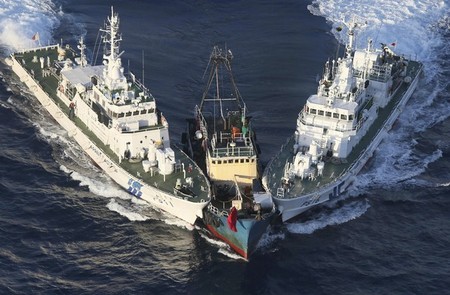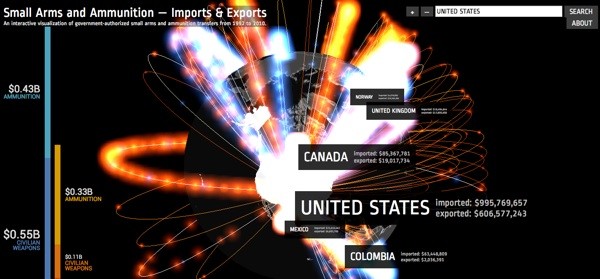Nuclear Deterrence Has Worked
Charles Krauthammer doesn't think much of deterrence:
There are few foreign-policy positions more silly than the assertion without context that “deterrence works.” It is like saying air power works. Well, it worked for Kosovo; it didn’t work over North Vietnam.It’s like saying city-bombing works. It worked in Japan 1945 (Tokyo through Nagasaki). It didn’t in the London blitz.
I can think of a lot more silly proclamations than that. Be that as it may, this assertion would make sense if Krauthammer were trying to undermine the concept of "deterrence" in a conventional military sense. But he's not. He's actually using this intro to make that case against nuclear deterrence with respect to Iran. And when it comes to nuclear deterrence we know, rather self-evidently, that it has worked. Indeed, it has a perfect record.
Krauthammer pivots from this disingenuous framing to a sustained argument about why nuclear deterrence's perfect record holds no lessons for Iran should they acquire a nuclear bomb. Since past performance is no guarantee of future results and because the stakes are so high, it's worth exploring this a bit further. Krauthammer essentially bases his argument on the nature of the Iranian leadership. They are, he argues, a novelty in the history of the nuclear age.
Krauthammer argues that because the Iranian regime has underwritten suicide terrorist attacks by its proxies, that it would therefore commit national suicide by launching a nuclear weapon at Israel. That's a gigantic leap. Iran has never used its chemical or biological weapons against anyone. Yet we are supposed to believe that they will, out of the blue, launch a nuclear weapon at someone. Why? This is a state that employs terrorism precisely because it is weak conventionally and doesn't want to risk direct confrontations. That's evidence of ruthless cunning, not suicidal fanaticism.
Then Krauthammer goes one further:
For all its global aspirations, the Soviet Union was intensely nationalist. The Islamic Republic sees itself as an instrument of its own brand of Shiite millenarianism — the messianic return of the “hidden Imam.”It’s one thing to live in a state of mutual assured destruction with Stalin or Brezhnev, leaders of a philosophically materialist, historically grounded, deeply here-and-now regime. It’s quite another to be in a situation of mutual destruction with apocalyptic clerics who believe in the imminent advent of the Mahdi, the supremacy of the afterlife and holy war as the ultimate avenue to achieving it.
Before the Soviet Union even had a nuclear weapon they had killed millions of people. They conquered and retained huge swaths of territory beyond their borders and refused to let go after World War II, subjugating millions more. The current regime in Iran is certainly no piker when it comes to barbaric human rights absues, but their "Shiite millenarianism" has not been remotely as lethal a vessel for human carnage as the Soviet Union's "intense nationalism."
It's true, as Krauthammer notes, that Israel has a lower margin of error when it comes to judging Iranian intentions than the U.S. They may weigh the evidence, and Iranian rhetoric, and conclude a military strike is necessary. But from a U.S. standpoint, the historical evidence would suggest that a deterrence regime vis-a-vis Iran would work to safeguard the U.S. homeland from an Iranian nuclear strike.








